Braineack
Been spending a lot of time on here!
- Joined
- Jun 17, 2013
- Messages
- 13,214
- Reaction score
- 5,613
- Location
- NoVA
- Can others edit my Photos
- Photos OK to edit
So this leaves me still not fully knowing but I really couldn't care too much.
If I had to replace my camera I know it wouldn't be a factor in buying a new one.
If it happened that the camera I wanted had one in it then so be it but I know for a fact, I will always be an amateur in photography, as its what I like to do.
correct. crop factor doesn't matter to most people.
but when you are ready to move up to a big-boy camera, it may be. 1. your lenses may not be compatiable and 2. you'll have to get used to the different FOV at the same focal length. 3. kicking yourself wishing you went FF sooner because of the outstanding DR and IQ those sensors provide over crop.


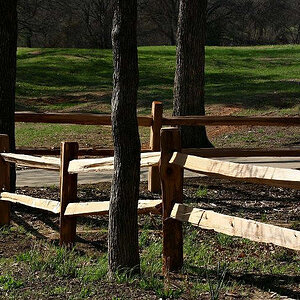
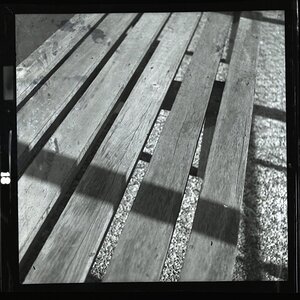
![[No title]](/data/xfmg/thumbnail/41/41492-467958db3420bceb7ab410a12dcc681f.jpg?1619739819)
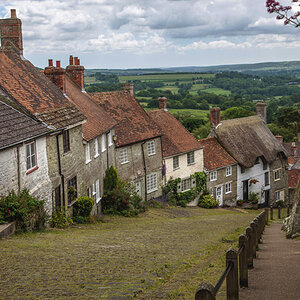
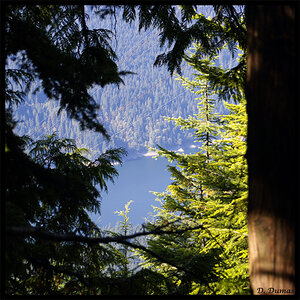
![[No title]](/data/xfmg/thumbnail/41/41490-6af71315284539e04ae1878cda0d613f.jpg?1619739818)
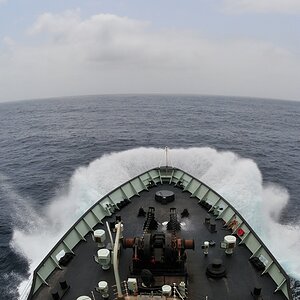
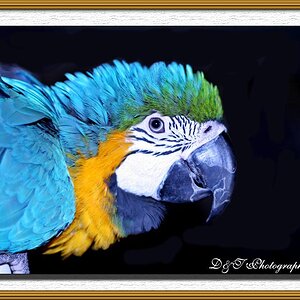


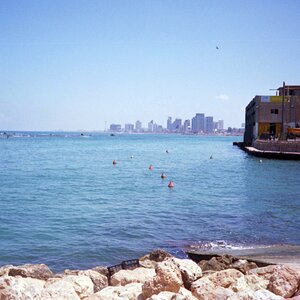
![[No title]](/data/xfmg/thumbnail/39/39290-dfb3e819bd94a7f30797638ae1ae27cf.jpg?1619738958)